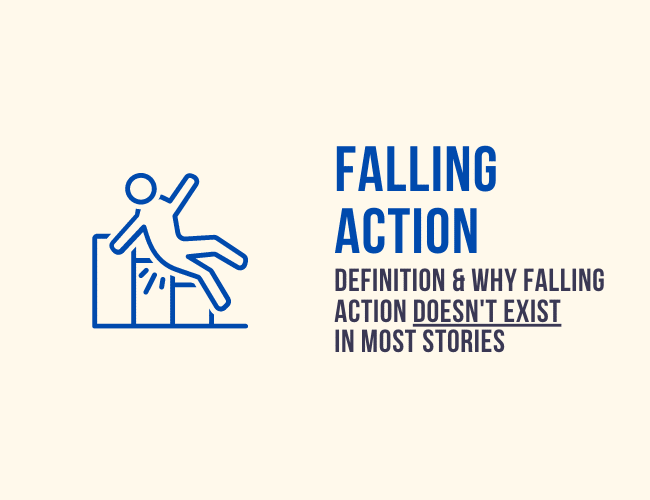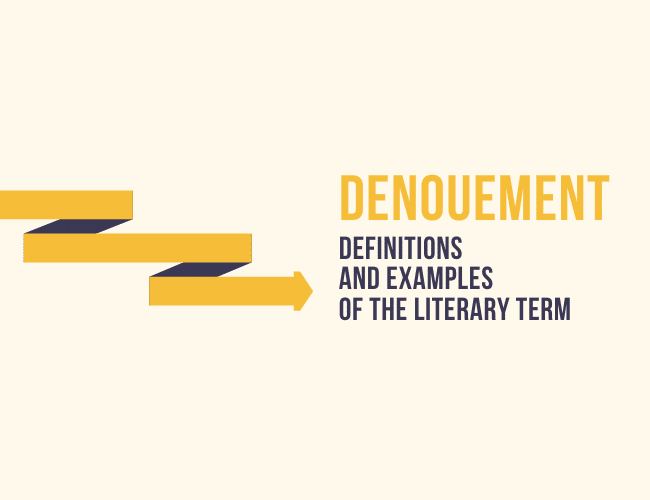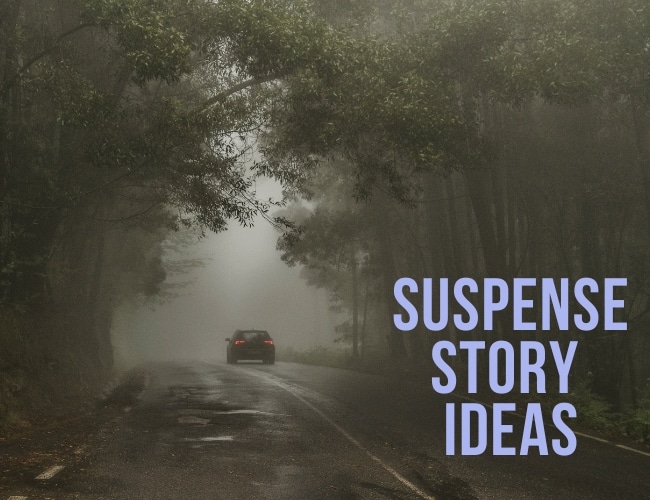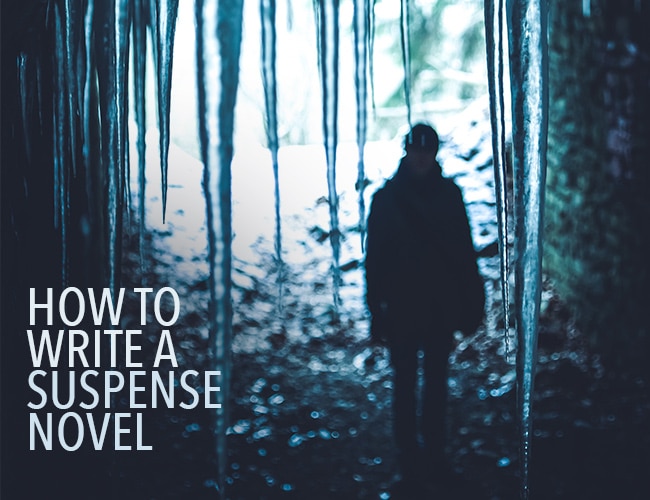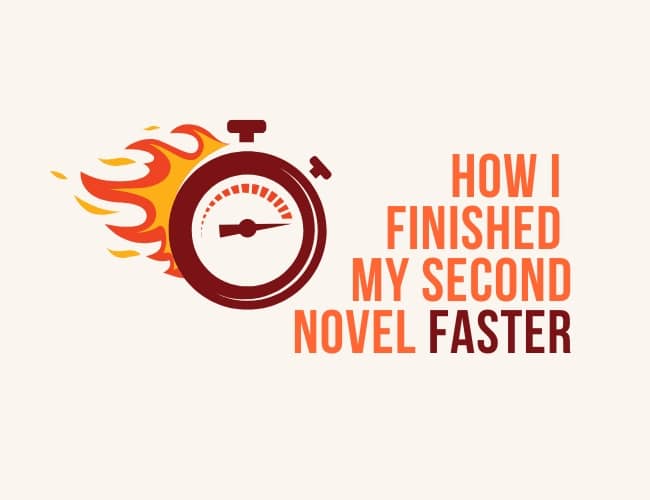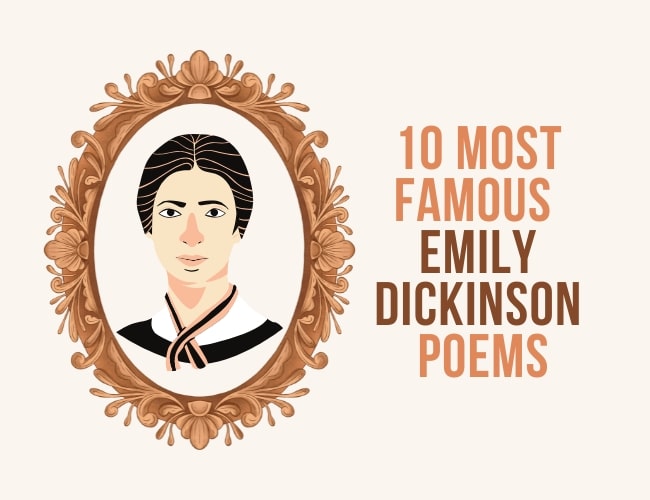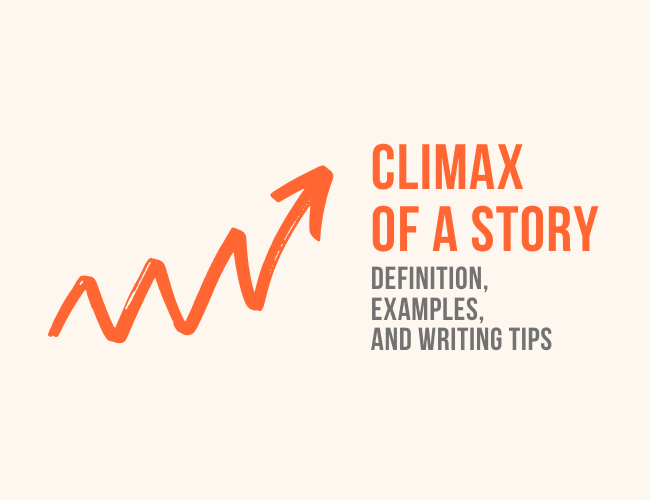Few things are more exciting than an action story. The high stakes, the high-speed chases, the high-octane moment when the protagonist finally faces the bad guy in an epic battle scene—action stories will have you on the edge of your seat until the very end. Today, we’re going to look at how to write an action story that has your character’s (and reader’s!) heart racing.


